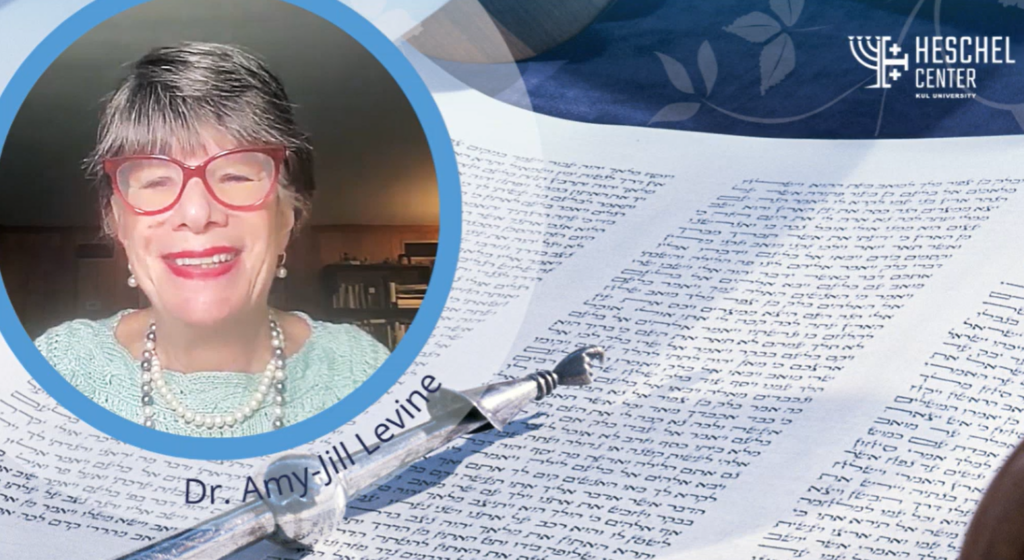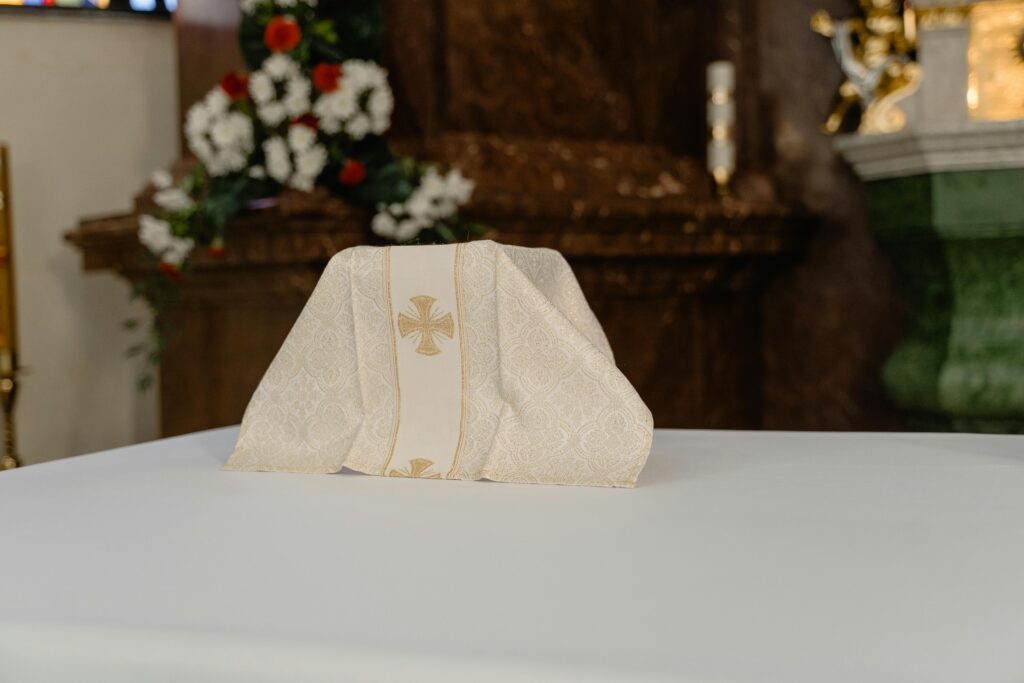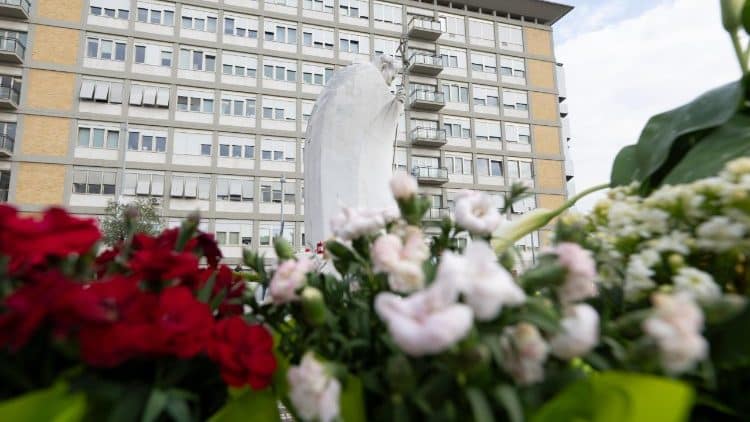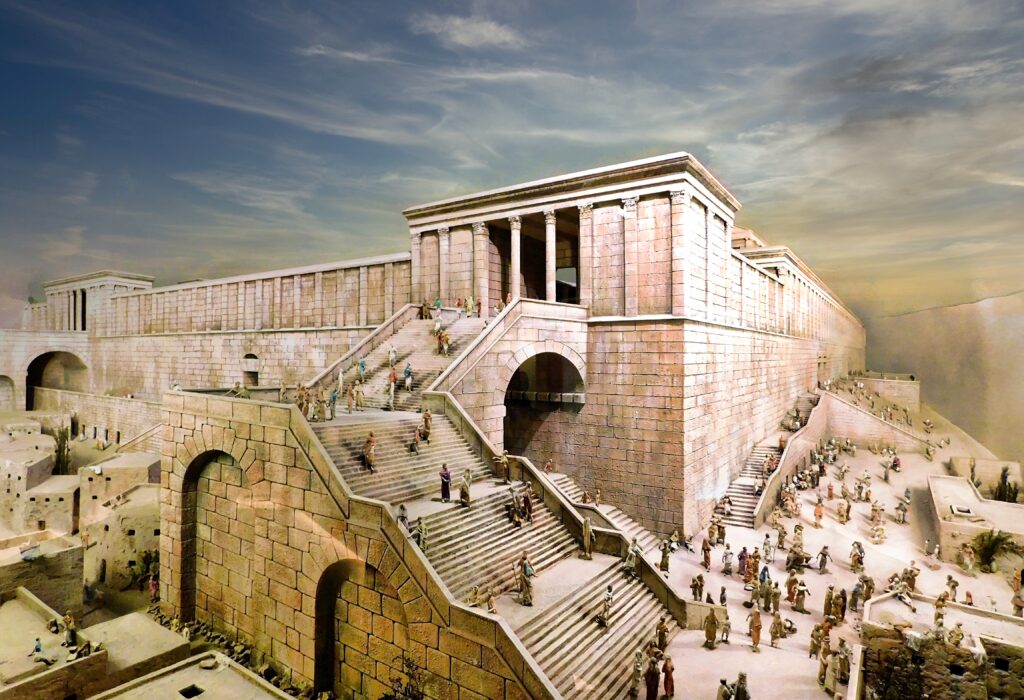The only miracle that is presented in all four Gospels
“Every time we take a bite of bread, we can be reminded of John 6, the rich meal of memories it provides, and the important teachings it offers, indeed continues to offer“, stresses Dr. Amy-Jill Levine, professor of the New Testament and Jewish Sciences, the first Jewish woman to lecture on the New Testament at […]

First, on gender: The title “feeding of the five thousand” is numerically incorrect, since as Matthew 14.21 notes, “those who ate were about five thousand men, besides women and children”; therefore.it would be more appropriate to call this miracle “the feeding of the 50, 000.”
Any story about providing bread should remind all of us of the women and children, since in antiquity the women, with their young daughters, provided bread: the women did the milling, the kneading, and the baking for their families and communities every day. The provision of bread, whether by this miracle or in the Eucharist, is a reminder of the work that women did and do.
Second, on the military: John 6.10 explicitly mentions that the “Men (Greek andres) numbered about 5,000.” Why specify “men”? Here’s one suggestion: there are several earlier places in the Bible (Joshua, Judith, 1 and 2 Maccabees) that mention 5,000 men, and each concerns military attacks. Now John gives us a picture of 5,000 men, but now they are sitting, not fighting; they are eating, not killing.
Third, the miracle points both to the past and to the future in the Jewish tradition.
It recalls the provision of Manna in the wilderness in Exodus 16, the “bread from heaven” to which Jesus will refer later in John 6.51, when he says, “I am the living bread that came down from heaven.”
It remembers Elijah’s giving “The jar of meal will not be emptied, and the jug of oil will not fail until the day that the Lord sends rain on the earth” to the widow of Zarephath and her son (1 Kings 17.14).
It remembers 2 Kings 4.42-44, where Elisha feeds over 100 people with twenty barley loaves and a few ears of grain.
And our miracle anticipates the future messianic banquet, Isaiah 25.6 predicts: “On this mountain the LORD of hosts will make for all peoples a feast of rich food, a feast of well-aged wines, of rich food filled with marrow, of well-aged wines strained clear.” It turns out we don’t need all this. A taste of bread, a hint of fish – the food not of the wealthy but of the people living near the Sea of Galilee – that is all that is needed for our stomachs and our hearts to be full.
Finally, the people proclaim, “This is truly the Prophet, the one who is to come into the world.” Why? Because of the foretaste of the messianic banquet. Because he feeds the hungry, because he acknowledges the work of women, and because he turns an image of invading armies into to image of breaking bread.
The reading ends with Jesus withdrawing because the people wanted to make him king. Jesus will in John 8.23 explain that his kingdom is not of this world. But by withdrawing he provides another teaching. We do not need divine intervention – or a king, a president, or a prime minister — to help us to recognize the contributions of women and children as well as men, to feed the hungry, to turn swords into plowshares, to celebrate the stories of our past, or to work for a future where all can find their stomachs full.
ttps://www.youtube.com/watch?v=256G65Qa_mg
About the author:
Amy-Jill Levine is University Professor of New Testament and Jewish Studies Emerita and Mary Jane Werthan Professor of Jewish Studies Emerita at Vanderbilt University. She is also Rabbi Stanley M. Kessler Distinguished Professor of New Testament and Jewish Studies, Hartford International University for Religion and Peace. In the spring of 2019, she became the first Jew to teach a course on the New Testament at the Pontifical Biblical Institute in Rome; in 2021, she was elected a member of the American Academy of Arts and Sciences.
Related

End Times, Intrahistorical Hope, and Final Victory
Albert Cortina
12 March, 2025
11 min

An Encounter with Christ: Spiritual Preparation for Mass
P Angel Espinosa de los Monteros
11 March, 2025
3 min

Pope at Gemelli: He continues the Lenten Spiritual Exercises from the hospital
Exaudi Staff
10 March, 2025
1 min

Sunday Psalm: God’s Constant and Active Presence in History
Exaudi Redacción
09 March, 2025
1 min
 (EN)
(EN)
 (ES)
(ES)
 (IT)
(IT)

